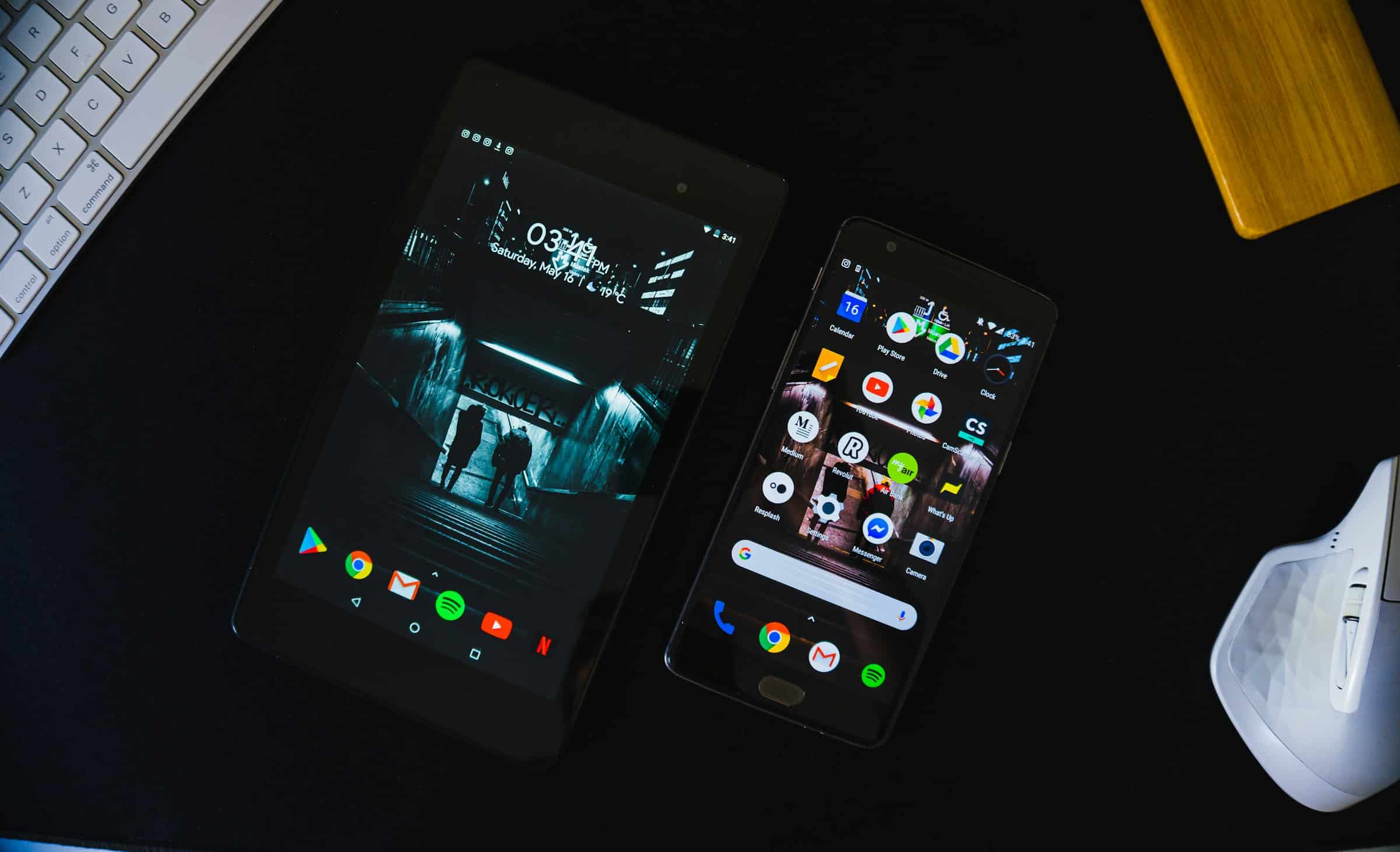What Are the Key Factors to Consider When Choosing a Smartphone for Business Use?

In today's corporate world, a smartphone is not just a gadget; it's an essential business tool. It enables communication, aids in scheduling, provides instant access to important documents, and sometimes even substitutes a personal computer. Therefore, choosing the right device for your company can significantly impact your business efficiency and productivity. However, sifting through the plethora of options that the smartphone market offers can be quite overwhelming. To make this task less daunting, we have compiled key areas you need to focus on when selecting the ideal mobile for your company.
Evaluating Business Needs and Smartphone Features
Before you dive into the vast sea of available smartphone options, it is crucial to understand your business's specific needs. Different companies will require different features from their devices. A photographer will prioritize a high-quality camera, an architect, a large display, while a salesperson will need a reliable battery life for long hours of calls and emails on the go.
Cela peut vous intéresser : How to Use Your Smartphone to Create a Real-Time Inventory Management System?
In this regard, Android phones and iPhones stand out. Android devices, like the Google Pixel, offer customization, a wide range of models, and less expensive options. iPhones, on the other hand, are known for their user-friendly interface, high security, and seamless integration with other Apple devices, which can be particularly useful if your company is already using Macs or iPads.
Considering the Device's Operating System
The operating system (OS) is the backbone of your smartphone. It affects not only the phone's performance and user experience but also the range of apps you'll have access to. The two main players in this field are Android, led by Google, and iOS, developed by Apple.
A voir aussi : How to Use Your Smartphone to Monitor and Control a Smart Home Lighting System?
Android is renowned for its flexibility and the broad range of devices in which it operates. Its open-source nature means you have a wide range of brands and models at various price points, from budget phones to high-end devices. It also allows for customization to suit your specific needs.
On the other hand, iOS operates exclusively on iPhones. iPhones are known for their stable and reliable performance, excellent security, and the seamless integration of hardware and software. Moreover, the App Store often gets new apps before Android, which could be a deciding factor if your business relies heavily on the latest apps.
Assessing the Display Size and Quality
The smartphone's screen size and quality is another critical factor to consider. For tasks that require a large amount of text reading or visual work such as graphic design or photo editing, a larger display would be beneficial.
Quality is equally important. A higher resolution screen ensures that text is easier to read and images are sharper. Look for a smartphone with a high pixel density – usually measured in pixels per inch (PPI). For instance, the iPhone 13 Pro Max boasts a PPI of 458, while the Google Pixel 6 Pro has a PPI of 512. The higher the PPI, the better the screen quality.
Evaluating the Battery Life
In the business world, staying connected is imperative. Hence, you would need a smartphone with a battery that can last an entire workday, or possibly longer, without needing a recharge. Look for devices with a large battery capacity expressed in milliamp hours (mAh). For instance, the Samsung Galaxy S21 Ultra offers a 5000mAh battery, making it an excellent choice for businesses that require extensive smartphone use.
Prioritizing Security Features
Given the sensitive data stored on our smartphones, security features should be a top priority when choosing a business mobile. Most recent smartphones come with built-in security features such as fingerprint or facial recognition. However, you should also consider the frequency and promptness of security updates provided by the manufacturer.
iPhones are generally considered more secure due to Apple's closed ecosystem and regular software updates. Android devices, on the other hand, offer more in terms of customization, which can either be an advantage or a risk, depending upon how it's used.
Choosing the right smartphone for your business is no easy task, but by focusing on these key areas, you can ensure that your chosen device meets all your needs. Remember, the best choice is the one that maximizes efficiency, enhances productivity, and fits within your budget.
Comparing Cameras and Other Hardware Features
With the increasing reliance on multimedia in business communications, the quality of the camera on your business mobile phone can be a significant deciding factor. While most modern smartphones come with decent cameras, not all are created equal. For businesses that frequently use their phones for photography or video conferencing, a high-resolution camera is essential.
The iPhone Pro models are famous for their advanced camera systems, offering excellent image quality and video capabilities. The Google Pixel series, on the other hand, is renowned for its remarkable low-light photography. The Samsung Galaxy series also provides exceptional camera quality, with the Galaxy Fold models boasting a versatile camera system that can adapt to various shooting conditions.
Other hardware features to consider include the processor, RAM, and storage space. A faster processor and more RAM will ensure smooth multitasking and efficient operation, crucial for a work phone. Storage space is also critical, as businesses often deal with large files and documents. High-end phones like the iPhone Pro Max, Samsung Galaxy Fold, and Google Pixel 6 Pro offer substantial storage options, ranging from 128GB to 512GB.
Depending on your business's nature, you might also want to consider features like a robust design for durability, water resistance, or support for stylus input for note-taking or sketching.
Choosing the Best Phone Considering Your Budget
Your budget is another crucial factor while choosing a business phone. While it might be tempting to opt for the top best models like the iPhone Pro Max or the Samsung Galaxy Fold, they might not always be the most economical choice for your company.
When considering the best budget options, certain Android phones offer excellent value for the price. These models may compromise on certain features but still provide a solid performance for everyday business tasks. Brands like Xiaomi, Motorola, and OnePlus often produce reliable, budget-friendly smartphones.
It's worth noting that investing in a relatively expensive smartphone may pay off in the long run, considering its durability, performance, and features. Depending on the nature and scale of your business, it might be more cost-effective to invest in a higher-end model that can efficiently handle your business needs and last longer.
Choosing the right smartphone for your business involves careful consideration of various factors. Understanding your specific business needs is the first step in finding the ideal mobile device. Assess the importance of features like the operating system, display size and quality, battery life, security, camera, and other hardware features in relation to your everyday work tasks.
Consider the nature of your business, the scale of smartphone use, and your budget before making a choice. Whether it's the high-end iPhone Pro Max, the versatile Samsung Galaxy Fold, or a reliable budget-friendly model, the best business phone is one that offers the features you need at a price point that fits within your budget.
Remember, the top best choice may not necessarily be the most expensive one but the one that is most cost-effective and suitable for your specific business requirements. Therefore, take the time to explore your options and make an informed decision that will support your business's growth and efficiency.
